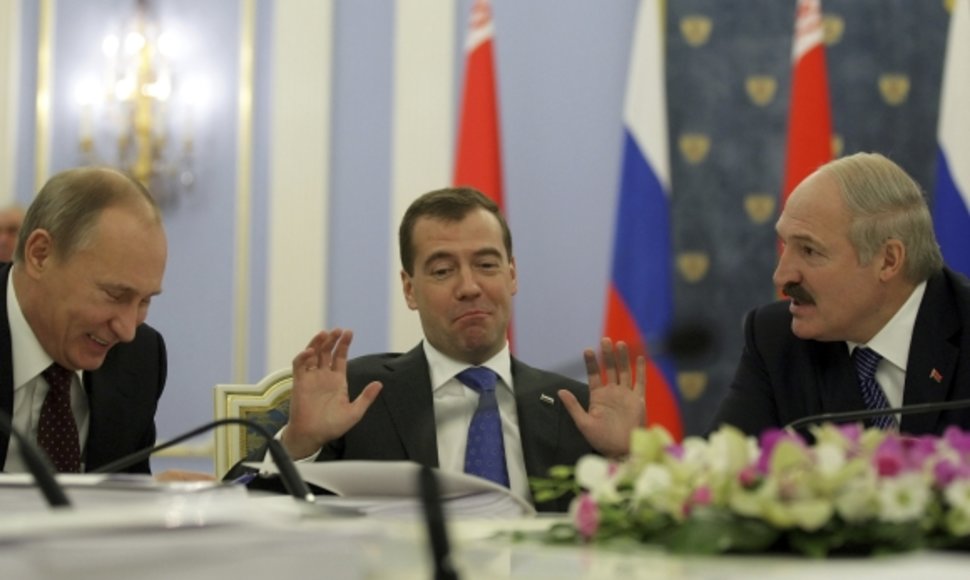"They help each other, therefore, are able to survive in economic and political situations. Russia is the leader of dictatorships as the big brother. Of course, they include Belarus, Turkmenistan, Kazakhstan and Azerbaijan. The countries may feature economic differences and have economic disagreements but they support each other politically," Zakharova said at a discussion at the International Relations and Political Science Institute of Vilnius University.
"The regimes have a few similarities – they need legitimacy," the Belarusian activist said.
In her words, authoritarian regimes of post-Soviet countries aspire to this by selling their national resources – natural or geostrategic – as the case is with, for instance, Belarus.
"Lukashenko positions his country as a certain bridge or corridor between the East and the West," Zakharova said.
She noted that authoritarian regimes also actively support each other in international organizations, for instance, the Organization for Security and Cooperation in Europe (OSCE) or the United Nations, also striving to reduce the standards prescribed by the organizations for the member-states.












